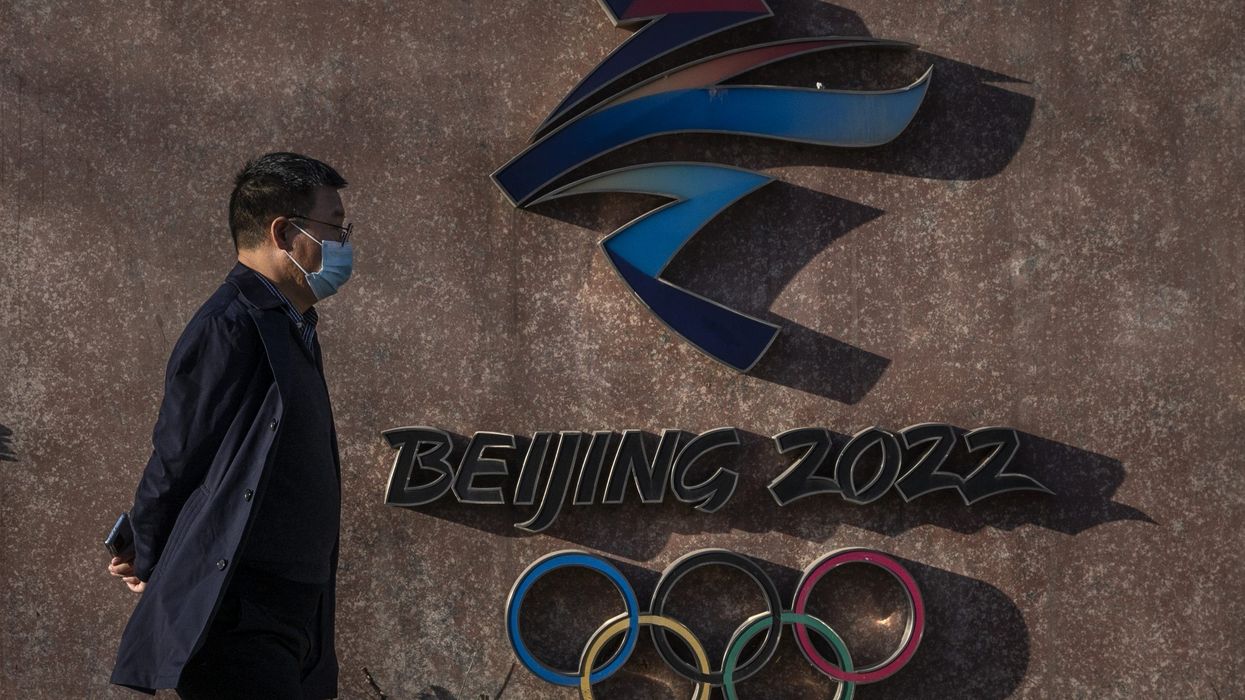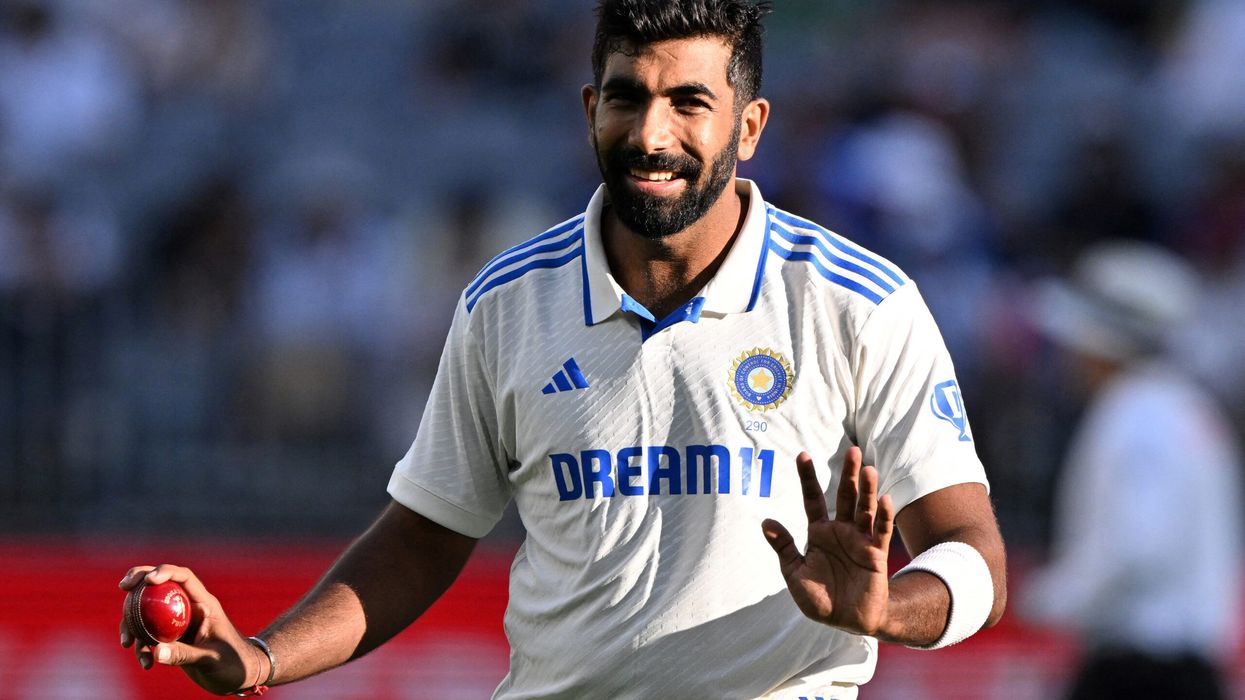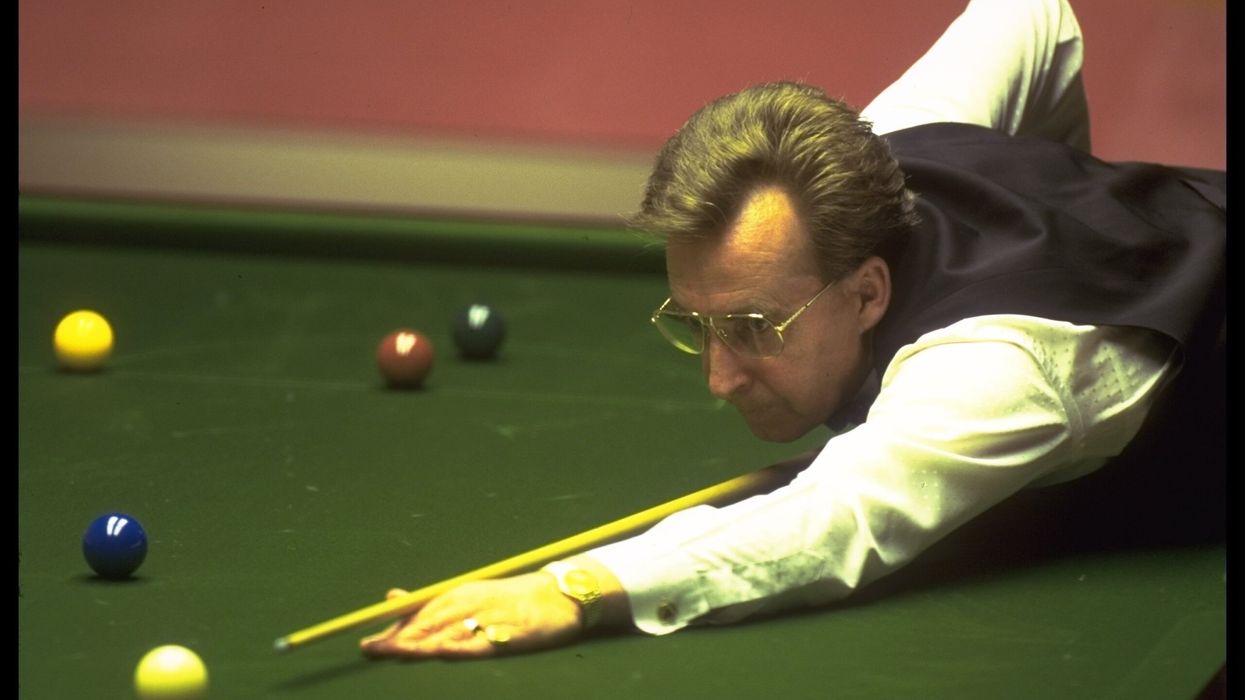Britain on Wednesday (8) joined Australia and the United States in a diplomatic boycott of the Beijing Olympics in February, prompted by what the Western allies argue are widespread rights abuses by China.
The UK will not send ministers to the Winter Games in the Chinese capital Beijing, prime minister Boris Johnson told parliament, as discord over a slew of issues strains relations to the most serious extent since the Tiananmen Square crackdown in 1989.
These include the persecution on pro-democracy groups in the former British colony of Hong Kong and human rights abuses against Muslim minorities in Xinjiang.
"There will be effectively a diplomatic boycott of the Winter Olympics in Beijing," Johnson told the British parliament.
As with the US and Australian moves, he confirmed athletes would attend still, saying: "I do not think that sporting boycotts are sensible."
However, his comments left the possibility open that members of Britain's royal family could attend, with Princess Anne the president of the British Olympic Association.
The decision follows the United States announcing Monday its diplomatic boycott, over what Washington termed China's "genocide" of the Uyghur minority in the Xinjiang region and other human rights abuses.
Then on Wednesday, Australia said its officials would stay away, with prime minister Scott Morrison vowing not to "step back from the strong position we've had standing up for Australia's interests".
Beijing warned the US would "pay the price", while it accused Canberra of "political posturing and selfish games" and "blindly following" Washington.
Foreign ministry spokesman Wang Wenbin said China had never intended to invite Australian officials to the Games, adding: "Whether they come or not, nobody cares."
- 'Purely political decision' -
A spokesperson for the Chinese embassy in Australia said the boycott ran counter to Canberra's "publicly pronounced expectation to improve China-Australia relations".
Rights groups have backed the moves, with Human Rights Watch's China director Sophie Richardson calling it a "crucial step toward challenging the Chinese government's crimes against humanity targeting Uyghurs and other Turkic communities".
Campaigners say that at least one million Uyghurs and other Turkic-speaking, mostly Muslim minorities have been incarcerated in "re-education camps" in Xinjiang, where China is also accused of forcibly sterilising women and imposing forced labour.
Beijing has defended the camps as vocational training centres aimed at reducing the appeal of Islamic extremism.
The International Olympic Committee has said it respects the US government's announcement, calling the presence of officials and diplomats "purely a political decision for each government".
White house press secretary Jen Psaki said that sending official representation to the Olympics would signal that despite China's "egregious human rights abuses", the Games were "business as usual".
So far Australia and the UK are the only countries to follow the US lead, while Canada is reportedly considering it.
All have seen relations with Beijing cool dramatically in recent years.
France, which is set to take over the European Council presidency on January 1, said Tuesday it would seek a coordinated EU response to the US decision.
The Kremlin criticised the US move, saying the 2022 games should be "free of politics".
Russian president Vladimir Putin has already accepted an invitation by Chinese leader Xi Jinping to attend.
- 'Uphold people's rights' -
The UK has criticised China for its creeping authoritarianism in Hong Kong and last year angered Beijing by blocking the involvement of telecoms major Huawei in its 5G broadband roll-out, after the US raised spying concerns.
The UK ambassador Caroline Wilson tweeted last month that "it is in China's own interests to meet constitutional and international obligations and uphold people's rights," after meeting the wife of a rights lawyer imprisoned by Beijing, Yu Wensheng.
Canberra's ties with China have been in freefall in recent years, with Beijing introducing a raft of punitive sanctions on Australian goods.
China has been angered at Australia's willingness to legislate against overseas influence operations, to bar Huawei from 5G contracts and call for an independent investigation into the origins of the coronavirus pandemic.
Australia's recent move to equip its navy with nuclear-powered submarines under a new defence pact with Britain and the US -- widely seen as an attempt to counter Chinese influence in the Pacific region -- further infuriated Beijing.
Morrison stressed that "Australia's a great sporting nation and I very much separate the issues of sport and these other political issues."
The Chinese Embassy spokesperson in Canberra signalled Australian athletes would be welcome at the Games, wishing them an "excellent performance".













